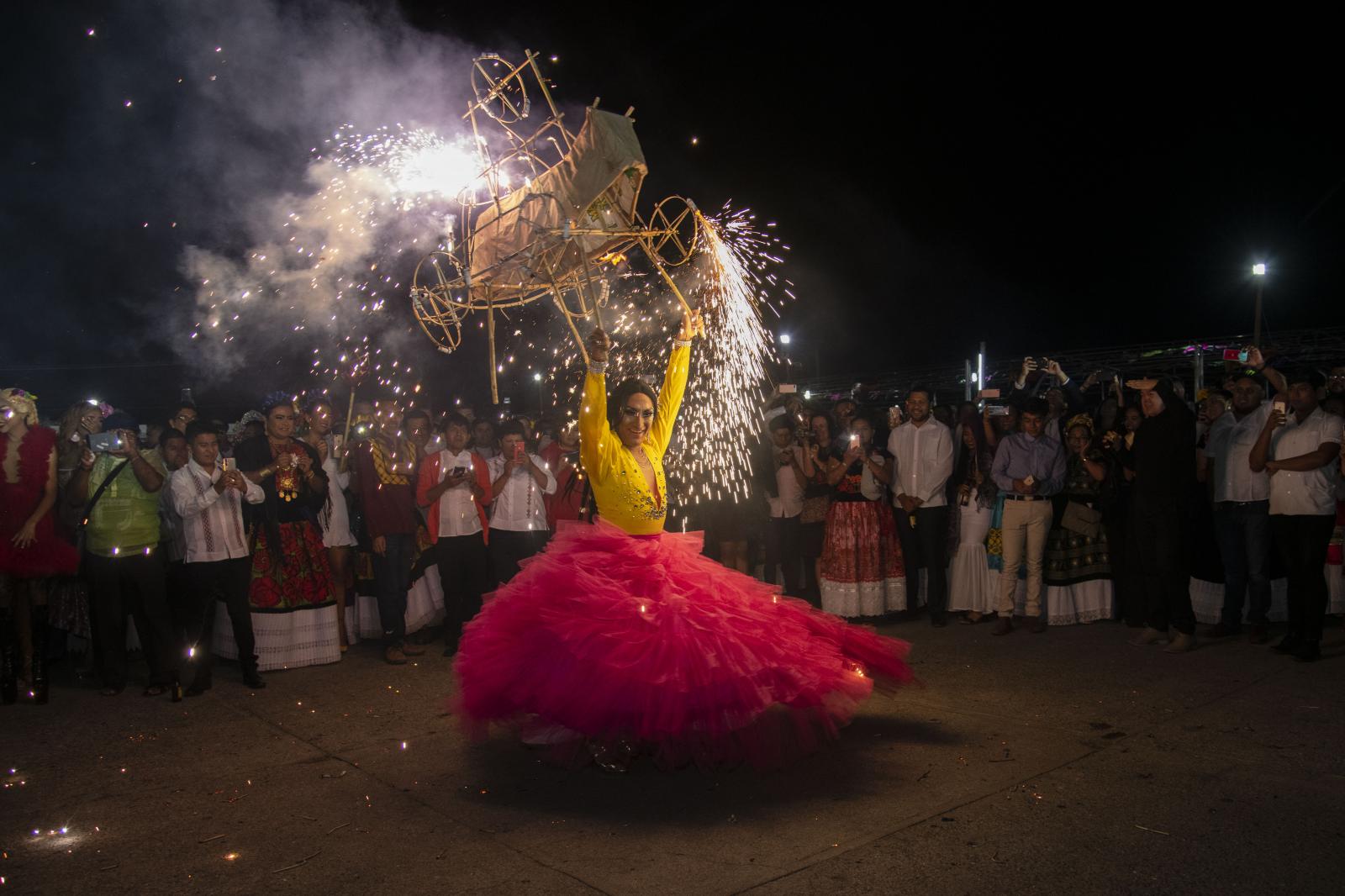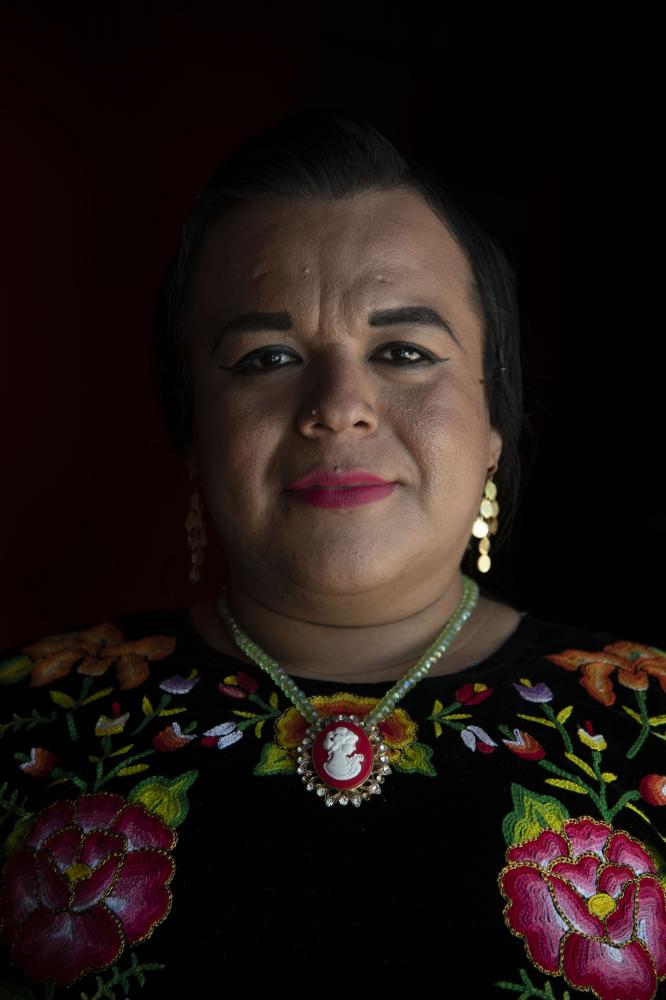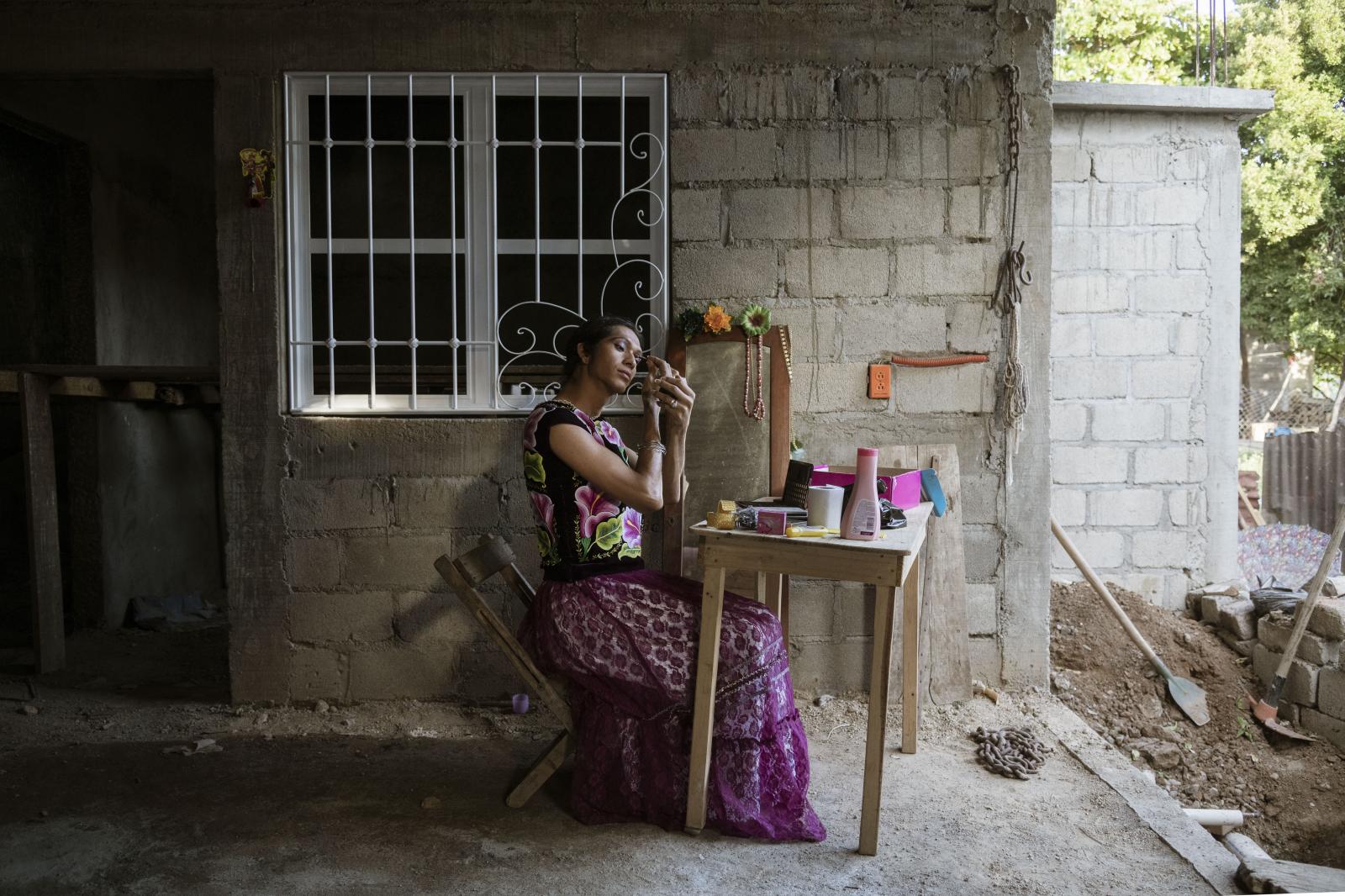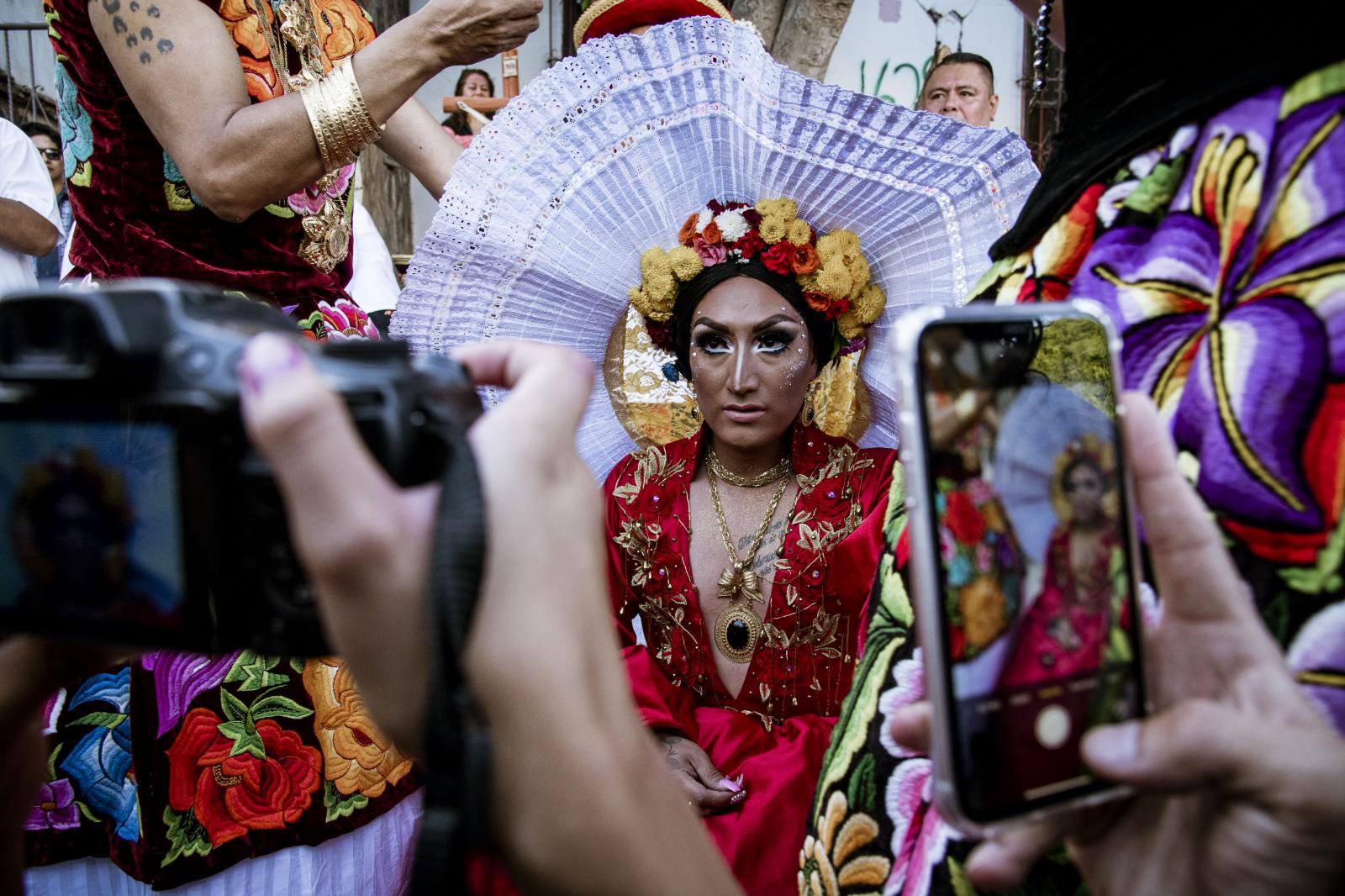News
Spotlight
Muxes.Third Gender in The Zapotec Land - Mexico
carlo bevilacqua
Jan 13, 2020
The muxes have a very special meaning for the Zapotec people. They are considered neither male nor female and behave socially and in the family as women.
The word muxe comes from the Spanish mujer but the phenomenon seems to be of pre-Columbian origin. As in many of Mesoamerican cultures, the almost absence of homophobia and the presence of muxes are part of the Mexican isthmus culture. The phenomenon also escapes the traditional Western concepts of transgenderism and is studied by anthropologists and ethnologists.
In Juchitan, Oaxaca, the muxes are believed to have been created by the San Vincente Ferrer patron saint of the city.
A legend tells that the saint carried three sacks of seeds: one was with female seeds, the other male and in the third bag there was a mixture of the two.
The content of this bag were overturned when San Vincente crossed Juchitan and this is why the muxe are located mostly in this part of Mexico.
Having a muxe at home is seen as a blessing for the all family because they are beings with two gods.
Generally, the family discovers that their child is a muxe since he was a kid.
It is quite common to see muxe children wearing mother skirts to dance and move with them.
Muxes can have male or female partners, they use feminine or masculine clothes with a makeup and generally do not use surgery to change sex even if they use women's names.
They usually identify generally themselves with less "masculine" social roles and if a man feels attracted to a muxe, he is not frowned upon in the community.
It is common for muxe to practice professions that are considered feminine, such as cooking, sewing, embroidering, knitting and caring for the whole family and they call themselves sisters among them.
But this does not mean that the luxuries have no other interests. More and more of them leave their villages to continue their studies.
The muxes community is very cohesive, with many activists who do their utmost to help the "sisters" in difficulty. Thanks to the low homophobia index the muxes are very integrated into the social context and represent about 10% of the isthmus population.
In Juchitán, a muxes organization called Las Autenticas Intrepidas Buscadoras de Peligro organizes every year.a big party called "Vela".
The "Vela" begins with a religious mass in honor of the muxe because the church also recognizes their importance and their role in the community.
After the mass, the muxe parade through the city and then, in a big night party, is crowned the queen of the festival.
Muxe houses are a historically recognized example that shows that human societies have not always had an exclusively binary organization and it is one of the many demonstrations that gender fluidity is a tradition that has always existed.
Muxes - The Third Gender in The Zapotec Land by carlo Bevilacqua
In Mexico and precisely in a small town of the state of Oaxaca, in the isthmus of Tehuantepec, land of the ancient Zapotec peoples, there is a place, where the social organization and local tradition includes a third genus called muxes. The muxes...
4,656



































